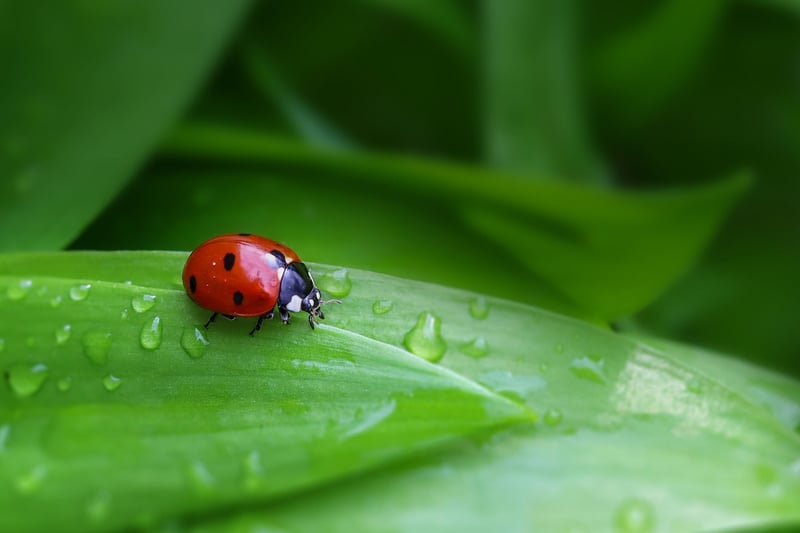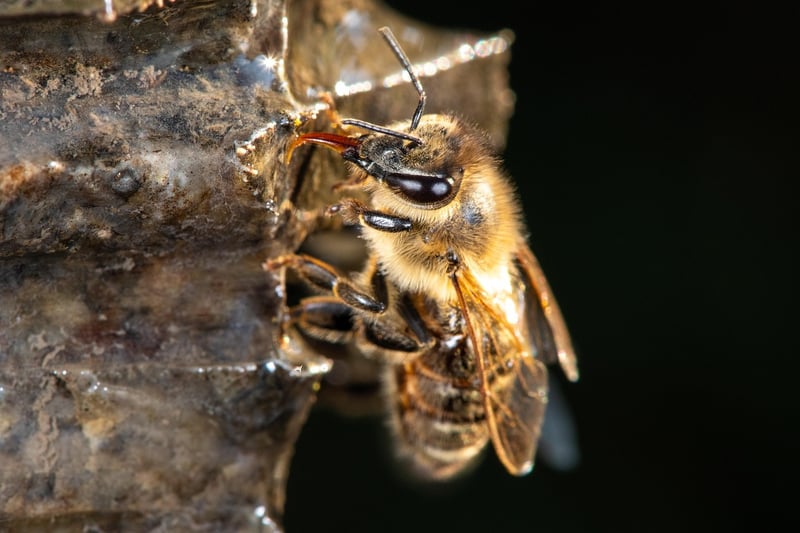Preventative Measures
Managing Garden Pests Naturally
Gardening can be a rewarding and therapeutic hobby, but dealing with pests can be a challenge. While pesticides are widely available, they can harm beneficial insects and the environment. Here are some natural ways to manage garden pests effectively:
1. Handpicking
Inspect your plants regularly and handpick pests like caterpillars, beetles, and aphids. Drop them into a bucket of soapy water to prevent them from returning.
2. Beneficial Insects
Encourage beneficial insects like ladybugs, lacewings, and predatory wasps in your garden. They feed on pests and help maintain a natural balance.
3. Neem Oil
Use neem oil, a natural insecticide, to control pests like aphids, mites, and whiteflies. Dilute according to instructions and spray on affected plants.
4. Companion Planting
Plant herbs like basil, mint, and dill among your vegetables to repel pests. Marigolds and nasturtiums also help deter unwanted insects.
5. Diatomaceous Earth
Sprinkle food-grade diatomaceous earth around plant stems to create a barrier against slugs, snails, and other crawling insects.
Preventative Measures
1. Healthy Soil
Ensure your garden soil is healthy and nutrient-rich. Healthy plants are better equipped to resist pests and diseases.
2. Crop Rotation
Rotate your crops each season to disrupt pest life cycles. This can help prevent a buildup of pests in the soil.
3. Mulching
Apply mulch around plants to retain moisture and suppress weed growth. Mulch also acts as a barrier against certain pests.
4. Watering Practices
Avoid overwatering as it can attract pests like fungus gnats. Water plants at their base in the morning to prevent fungal diseases.
5. Clean Garden Tools
Regularly clean your garden tools to prevent the spread of diseases between plants. Disinfect tools with a mixture of water and bleach.
By implementing these natural pest control methods and preventative measures, you can maintain a healthy garden without harming the environment. Happy gardening!


